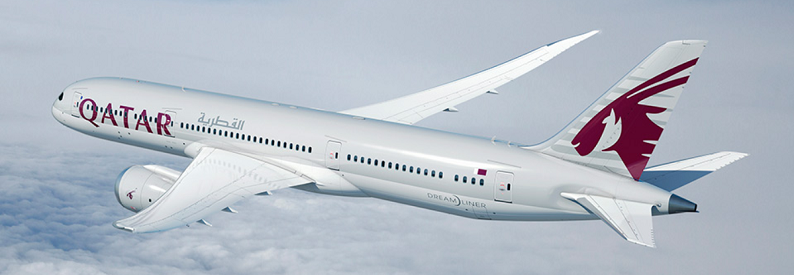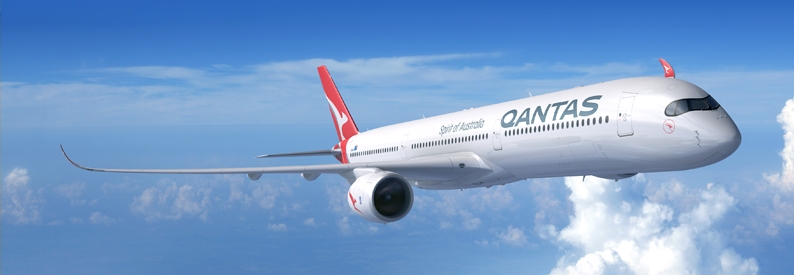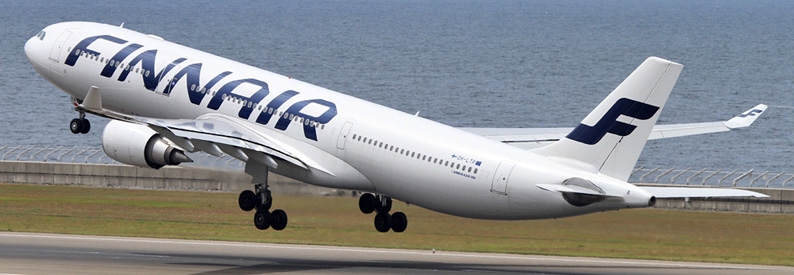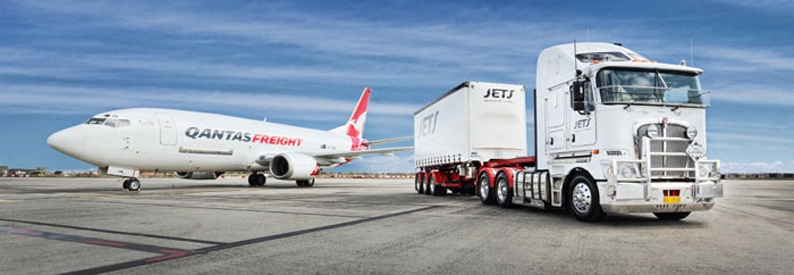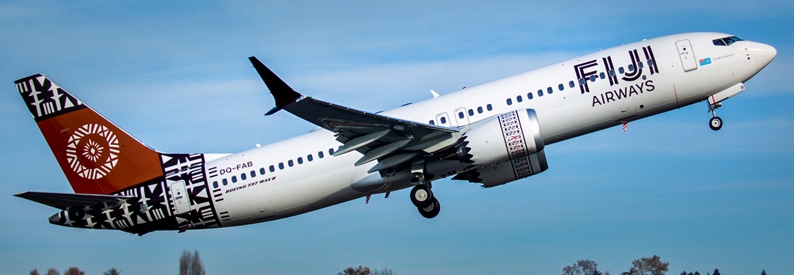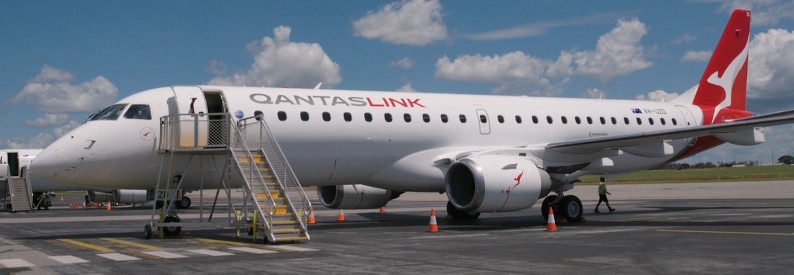The Australian Competition & Consumer Commission (ACCC) has proposed re-authorising an alliance between Qantas (QF, Sydney Kingsford Smith) and Emirates (EK, Dubai International) for a further five years. The two carriers signed a Restated Master Coordination Agreement in October 2017 under which they will continue to coordinate their operations across their respective networks to better connect New Zealand and Australia to Asia, the United Kingdom, Europe and the Middle East and Northern Africa (MENA Region).
The global alliance, which was first authorized in 2013, covers Qantas’ and Emirates’ air passenger and cargo transport operations wherein the two coordinate their planning, scheduling, operating and capacity, sales, marketing, advertising, promotion and pricing for passengers, freight customers and agents, connectivity and integration of certain routes, codeshare and interline arrangements, frequent flyer programs and all aspects of customer service (including ground services and lounge access).
“The ACCC considers that the alliance is likely to continue to result in a range of public benefits,” ACCC Commissioner Roger Featherston said. “Combining the networks of Qantas and Emirates provides customers with access to more flights and destinations under a single airline code and improves connectivity. However, the ACCC is concerned that the alliance is likely to significantly impact competition on one route, Sydney Kingsford Smith to Christchurch; Qantas and Emirates are the two major operators on this route and their only competition is from the Virgin Australia and Air New Zealand alliance.”
To address this concern, the ACCC has proposed imposing a condition requiring the Qantas and Emirates alliance to provide the ACCC with regular reports on seats and passengers flown, fares and route profitability. The condition would also allow the ACCC, at any time, to set a minimum level of capacity on the route. For example, if these reports indicated that the alliance was limiting the number of seats on this route to raise airfares, the ACCC would require the alliance to add extra seats.
In 2013 the ACCC imposed reporting and capacity conditions on four routes between Australia and New Zealand. However, since starting direct services between Auckland International and Dubai International in March 2016, Emirates has withdrawn from the Sydney to Auckland route, and will withdraw from the Melbourne Tullamarine and Brisbane International to Auckland routes in March 2018. The ACCC said it, therefore, considers that the capacity conditions are no longer required on these routes.
For their part, Qantas and Emirates have welcomed the ACCC's draft determination.
“We are pleased that the ACCC’s draft determination supports the authorisation of our partnership with Qantas for a further five years until 2023," an Emirates spokesperson said in a prepared statement. “More than 8 million passengers have benefited from Emirates and Qantas’ joint network since the partnership began in 2013, and we look forward to continue leveraging on each airline’s unique strengths to offer travellers even more choice and enhanced services in the coming years.”
The ACCC is seeking submissions from interested parties on its draft determination before making a final decision on whether to re-authorise the conduct and impose conditions. Submissions are due by March 7, 2018.

